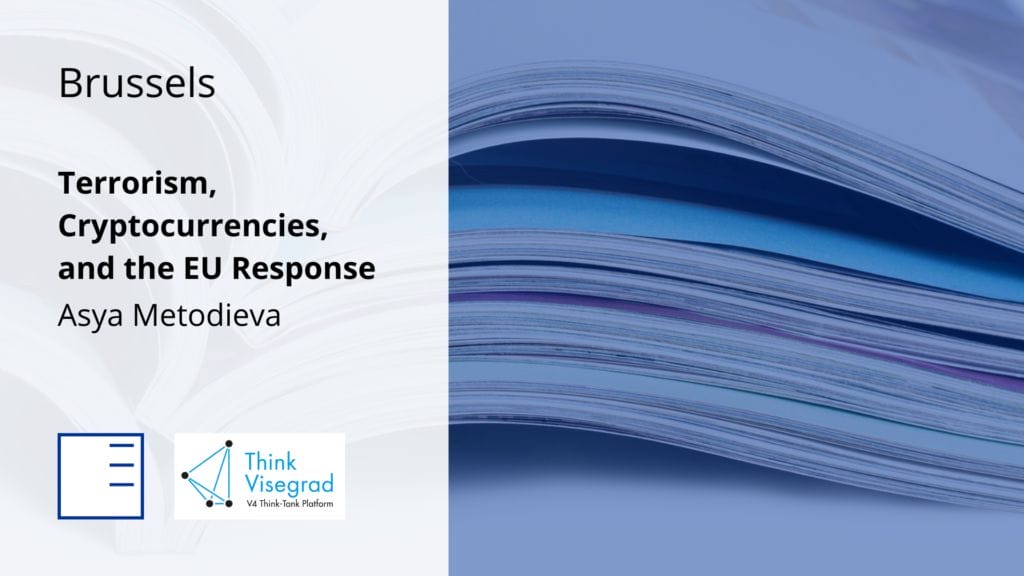Policy Paper: Terrorism, Cryptocurrencies and the EU Response

Cryptocurrencies have created space for terrorists, extremists, and other criminal actors to support their activities through unregulated anonymous transactions. While the exchange of crypto assets is not the primary financial channel of established terrorist organizations, mid and small-scale networks increasingly rely on it. The new technology is gaining recognition in more and more countries but lacks sufficient regulation to curb illicit activities. This gap provides terrorists with the means to transfer financial information, fundraise, and store financial resources anonymously. The regulation of cryptocurrencies is under discussion at the EU level, and a new regulatory framework was announced earlier in 2021. The proposed changes would force companies that transfer crypto assets to collect details on the recipient and sender. Currently, not all national Financial Intelligence Units (FIUs) have the capacity to track suspicious crypto transactions and uneven regulations across EU members create the risk that any differences could be exploited by terrorists and other actors who pursue illicit activities. This policy paper discusses what terrorists use cryptocurrencies for. It further assesses the ongoing regulatory initiatives at the EU level. Finally, it looks at how the Visegrad Four (V4) countries, and Czechia more specifically, approach crypto transfers in relation to terrorism-related threats at the national level. This study is the outcome of expert interviews and desk research of documents conducted in Brussels in July-August 2021. It is the result of cooperation between Europeum Institute for European Policy and the Institute of International Relations Prague.
The whole article is available under the PDF button.






